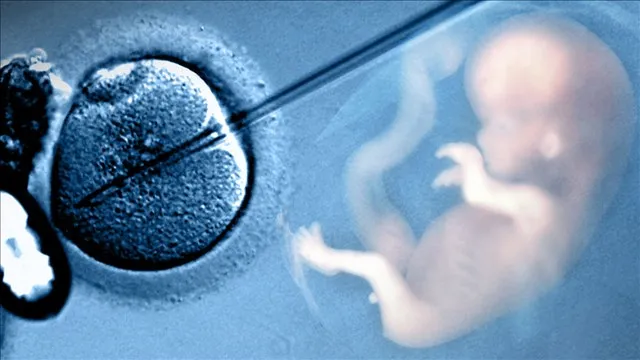A test tube baby is a term used to describe a baby conceived through in vitro fertilization (IVF), where an egg and sperm are combined in a laboratory dish, leading to fertilization outside the body before being implanted into the mother's uterus for pregnancy.
Yes, test tube babies, also known as babies conceived through in vitro fertilization (IVF), are genetically related to their parents. In the IVF process, an egg from the mother and sperm from the father are combined in a laboratory setting to create an embryo. This embryo, which contains genetic material from both the mother and the father, is then transferred to the mother’s uterus to develop into a pregnancy.
The genetic relationship in IVF is the same as in natural conception because the DNA from the parents is passed on to the child. The mother's egg provides half of the child's genetic material, while the father's sperm provides the other half. This means that the resulting baby will inherit genetic traits from both parents, just as they would through traditional conception.
- Test tube babies are conceived through in vitro fertilization (IVF).
- The mother's egg and the father's sperm are combined in a lab to create an embryo.
- The embryo, containing genetic material from both parents, is implanted into the mother's uterus.
- This process ensures the baby is genetically related to both the mother and the father, just as in natural conception.
In cases where donor eggs or sperm are used, the baby will be genetically related to the donor and the other biological parent. For example, if a donor egg is used with the father's sperm, the baby will be genetically related to the father and the egg donor. Similarly, if donor sperm is used with the mother's egg, the baby will be genetically related to the mother and the sperm donor. However, the parents who raise the child, whether they are the genetic parents or not, are considered the child’s legal and social parents.




.png)

Comments